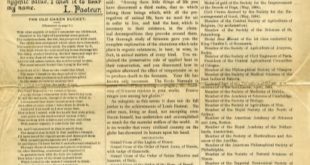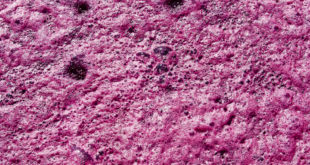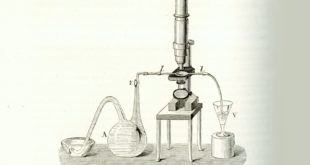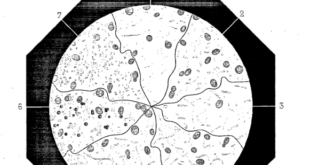Excerpt from Chapter VII, Fermentation published in 1891
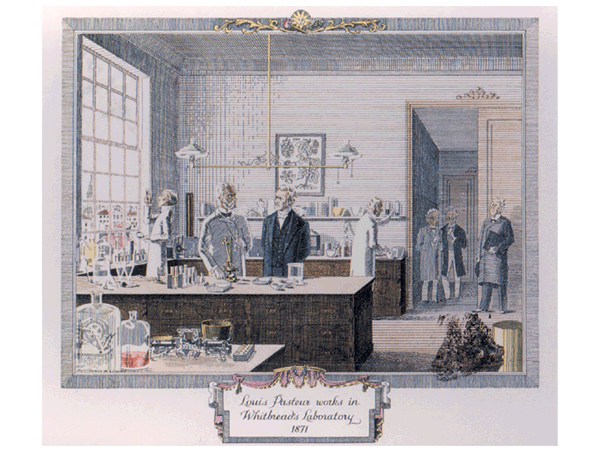
In the preceding chapters we have described the preparation of worts, their hopping, boiling, cooling, and aeration. In this chapter we have to deal with the conversion of the wort into beer by fermentation. To effect this change we employ yeast, the main function of which is to convert the maltose and other fermentable sugars of the wort, as well as any fermentable sugar added as a malt substitute, into alcohol and carbonic acid gas. Concurrently with this change the yeast reproduces itself, and in so doing assimilates from the wort nitrogenous and mineral matters and a little carbohydrate, these substances being necessary for the building up of the new yeast-cells. Heat is disengaged, and the temperature rises during fermentation. The fermentation being over, and the bulk of the reproduced yeast separated, the beer is allowed to settle, in order that the residuary yeast may deposit as far as possible and leave the beer clear; it is then stored in cask for varying periods, and when brilliant is ready for consumption.
Louis Pasteur reveals the complexities of beer fermentation
The above is a bare outline of an everyday fermentation and its objects. To understand it, however, we must study a series of phenomena the complexity of which is hardly to be equaled in technical processes. The act of fermentation has been the subject of philosophic speculation from the infancy of civilization, but it is only within comparatively recent years that our ideas on the subject have taken a definite shape. Each investigation has, in a sense, been the sequel of previous investigations, and in that sense the theories of Pasteur may be regarded as a sequel to the doctrines of Cagniard de Latour, Schwann, and Turpin. Yet it must be freely and openly confessed that to Pasteur do we mainly owe a debt of gratitude for throwing light upon the complex problems of fermentation, and for placing them on a sound and scientific footing. There may be points in Pasteur’s teachings which time has proved, and may yet prove, to be inaccurate; and there can be but one opinion that the work of Hansen has supplemented that of Pasteur, and that in a manner worthy of the latter. Yet for every discovery and for every great reform there must be a pioneer, and Pasteur undoubtedly holds that position with regard to alcoholic fermentation. We shall have much to say on Hansen’s work, and much to say on the new era for brewers which his brilliant researches foreshadow. In expressing to Hanson the gratitude brewers owe to him, we imply no slur on the work of Pasteur; and we make this remark, in that there is a decided tendency on the part of certain of Hansen’s disciples and others to forget the great work which Pasteur did, and to magnify its errors and minimize its merits.
 Pasteur Brewing Louis Pasteur – Science, Health, and Brewing
Pasteur Brewing Louis Pasteur – Science, Health, and Brewing 